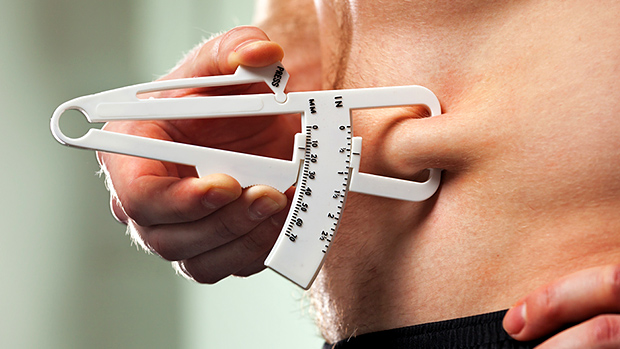Chubby, Lean, and Chubby Again
Losing fat is really pretty simple. Most overly fat people know exactly what's making them fat. Making the changes necessary can be tough of course, but there's something even tougher: keeping the fat off once you lose it. About 90 percent of people who lose weight gain it all back.
So what do those who succeed – that 10 percent who lose their chub and keep it off – have in common? The National Weight Control Registry has given us some clues.
The NWCR is a database that tracks 5,000 people who've lost 30 pounds or more and kept it off for at least a year. Here's what the success stories have in common:
They go through a lot of trial and error. Most importantly, they learn from their failures according to James Hill, director of the Center for Human Nutrition.
In short, they try something, fail, modify, then try again until they build their own personalized and sustainable plan. Seems obvious, but that's not how most people approach fat loss. They instead adopt specific "brand name" plans, which can be a good start. But when they fall off the wagon, they don't tweak the plan. Instead they quit trying altogether, often claiming "that diet didn't work."
Let's set something straight: all diets work if calories are low enough and/or activity is high enough. But not all diets are healthy and most aren't sustainable. They do lead to fat loss, but it's your responsibility to make the transition from "dieting" to everyday healthy and enjoyable eating. Your initial diet plan can't do that for you.
People who lose fat and keep it off have figured this out. They adapt, experiment, and think for themselves.
The vast majority of the NWCR dieters eat breakfast. T Nation has covered the importance of breakfast many times, but here's something most people don't think about: breakfast eaters get more overall exercise and daily movement (NEPA or non-exercise physical activity) than those who don't eat breakfast.
This makes sense. If your body senses that you're in a low-energy or unfed state, well, you're going to unconsciously not move around as much outside of the gym. That inactivity adds up in the long term.
Those who lose a significant amount of fat and keep it off skip the weekend and holiday splurges. If you look at junk food as an addiction – and biochemically it really is – then this makes sense. The splurges reset the bad eating habits and restart the cravings.
After all, the recovering drug addict doesn't indulge in his favorite drug because it's his birthday, and he doesn't get wasted on the weekend as a reward for "being good" all week. Those who struggle with staying lean should adopt the same mindset to keep the fat off.




